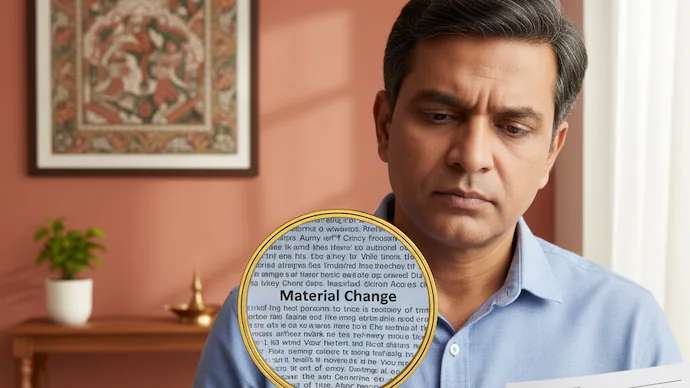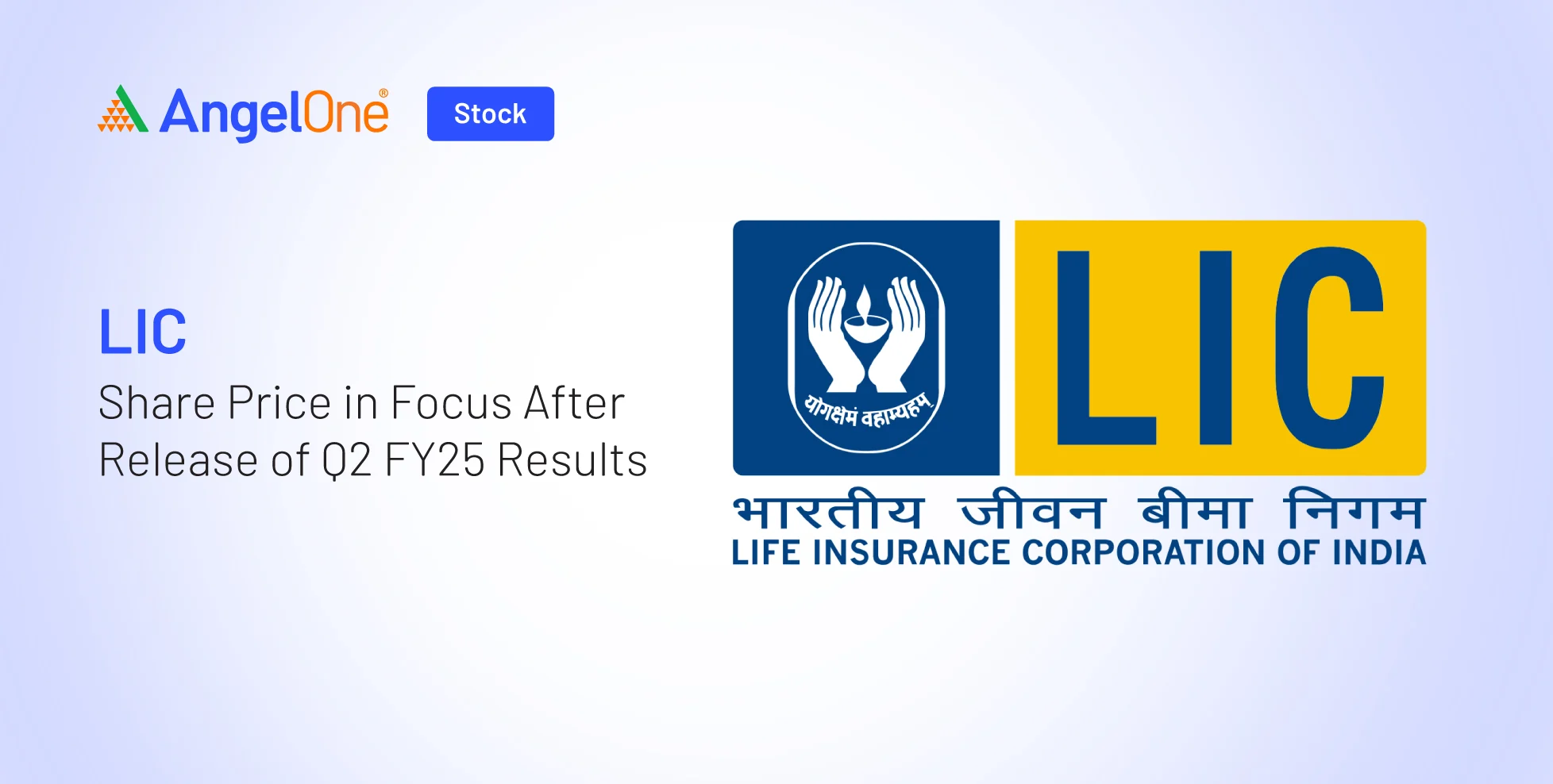Time for Sanity in Insurance Claims: Insurance is meant to be a promise — a safety net we can trust when life goes wrong. Yet, in India’s increasingly complex insurance landscape, that promise is starting to look uncertain. The recent disruptions in cashless hospitalisation and growing disputes over motor insurance claims reveal a worrying truth: the system meant to protect policyholders is itself in need of protection.
At one time, cashless insurance was a premium service, a perk that distinguished top insurers from the rest. Today, it has become an essential part of how health insurance works — a lifeline during medical emergencies. But as hospitals and insurers engage in an ongoing tug-of-war over rates, billing, and settlement terms, customers are being left stranded. The withdrawal of cashless services — sometimes without prior notice — is not merely an operational issue; it is a breach of trust.
The same fragility extends beyond hospitals. In motor insurance, where claims are often processed through authorized garages, policyholders face delays, partial settlements, or outright denials over vague interpretations of policy conditions. The result is frustration and disillusionment. Without a functional, transparent, and trustworthy claims process, insurance fails at the one moment when it’s supposed to deliver.
The Growing Chaos in the Claims System
The insurance sector is witnessing an erosion of confidence. According to industry observers, nearly 40% of customer grievances reported to insurance ombudsmen relate to claims settlement disputes — from delayed approvals to denial of cashless access.
In health insurance, the core issue stems from disagreements between hospitals and insurers on package rates and standard treatment guidelines. Many hospitals argue that the rates prescribed by insurers do not reflect current costs of treatment, diagnostics, and consumables. Insurers, on the other hand, claim rampant overcharging by hospitals and lack of billing transparency.
Caught in the middle are patients — forced to either pay upfront or navigate tedious reimbursement claims that can take weeks, if not months. In moments of medical distress, that is an additional trauma no one deserves.
Read about: GST Exemption Hurting Insurance Brokers: Private Insurers Cut Commissions to Offset Input Tax Credit Loss
The Motor Insurance Parallel
In motor insurance, the story plays out differently but with similar frustrations. The once-convenient cashless repair facility now often comes with hidden caveats. Authorized garages may charge extra for certain parts, or the insurer may approve only a portion of the repair cost, citing depreciation or policy exclusions.
The supposed convenience of instant claim settlement through digital apps or AI-powered systems frequently breaks down when human discretion re-enters the equation. A dented bumper or a cracked windshield can trigger disputes over what qualifies as “accidental damage” versus “wear and tear.”
For a product that most people buy because they must — either due to regulatory requirements or peace of mind — the erosion of clarity and consistency is pushing customers to question the very value of insurance.
Why Sanity Must Return to Insurance Claims
At its core, insurance operates on trust — the belief that the insurer will stand by you when needed. When that trust breaks down, it’s not just the customer who loses. The entire system becomes weaker.
Rebuilding that trust requires three fundamental changes:
1. Transparency in Terms and Settlement
Insurers must clearly communicate claim eligibility, exclusions, and processes. Policy documents are too often written in dense, legalistic language that obscures rather than clarifies. A simplified, standardized format — like a “key facts” sheet — should be mandatory.
2. Accountability in Cashless Networks
The IRDAI (Insurance Regulatory and Development Authority of India) needs to ensure uniform cashless access across all major hospitals under a transparent rate structure. Hospitals, too, should commit to price rationalization and billing transparency. The current system of ad-hoc agreements benefits neither side in the long run.
3. Technology with Human Oversight
AI and digital claim systems can speed up approvals, but without ethical oversight, automation risks amplifying bias or error. There must be clear timelines for claim settlement and a responsive grievance redressal mechanism for exceptions.

The Way Forward
The Insurance Regulatory and Development Authority of India (IRDAI) has already initiated measures like cashless everywhere and standardization of health insurance products. These are steps in the right direction, but implementation remains patchy. Insurers and healthcare providers must work together, not in opposition, to ensure that the system works for the people it was designed to serve.
A transparent, fair, and consistent claims process is not just a compliance requirement — it is the moral foundation of the insurance contract. When customers lose faith in claims, they stop renewing policies, and the entire ecosystem suffers.
The time has come to restore sanity — to make insurance once again about protection, not paperwork.
Conclusion
Insurance exists for one simple reason — to offer peace of mind in uncertain times. Yet, that peace is now threatened by growing mistrust between insurers, hospitals, and policyholders. Unless the claims ecosystem becomes transparent and fair, the industry risks losing the confidence it has worked decades to build.
A customer-centric approach, where communication is clear, claims are prompt, and accountability is shared, can turn the tide. The solution doesn’t lie in removing cashless services or blaming hospitals but in building a partnership based on mutual respect and open data.
India’s insurance sector is at an inflection point. With rising policy adoption and digital transformation, this is the perfect time to redefine claims handling as the true differentiator. In the long run, customers will remember not the premium they paid, but how they were treated when they needed help the most.
Restoring sanity to insurance claims isn’t just about fixing a process — it’s about rebuilding faith in the promise of protection.
Also read: Subaru Uncharted Review (2026): The Bold Electric Off-Roader That Redefines Adventure
FAQs
1. Why are cashless insurance facilities being suspended by hospitals and insurers?
Cashless facilities are being suspended due to disagreements between insurers and hospitals over treatment package rates and billing transparency. Hospitals argue that insurer-approved rates are outdated, while insurers allege inflated billing by hospitals. The result is disrupted cashless access for patients.
2. What can policyholders do if their cashless claim is denied?
If a cashless claim is denied, policyholders should immediately request a written explanation from the insurer, pay the bill directly if needed, and then file a reimbursement claim with all supporting documents. If disputes persist, they can approach the insurance ombudsman or IRDAI’s grievance cell.
3. Are motor insurance claims facing similar issues?
Yes. In motor insurance, claim denials often stem from depreciation calculations, part exclusions, or garage rate discrepancies. Even with AI-enabled digital claim systems, disputes over coverage terms continue to frustrate customers.
4. How can the insurance sector rebuild trust in the claims process?
Trust can be restored through clear policy communication, transparent settlement timelines, standardized cashless procedures, and digital monitoring. Both insurers and hospitals must collaborate rather than compete over pricing and procedures.
5. What role does IRDAI play in ensuring fair claim settlements?
The IRDAI sets claim settlement norms, monitors grievance data, and enforces timelines. Its initiatives like “Cashless Everywhere” and “Bima Sugam” aim to create a seamless, transparent system for all policyholders. However, stricter compliance and public accountability are still needed for these reforms to be effective.







1 thought on “Time for Sanity in Insurance Claims”